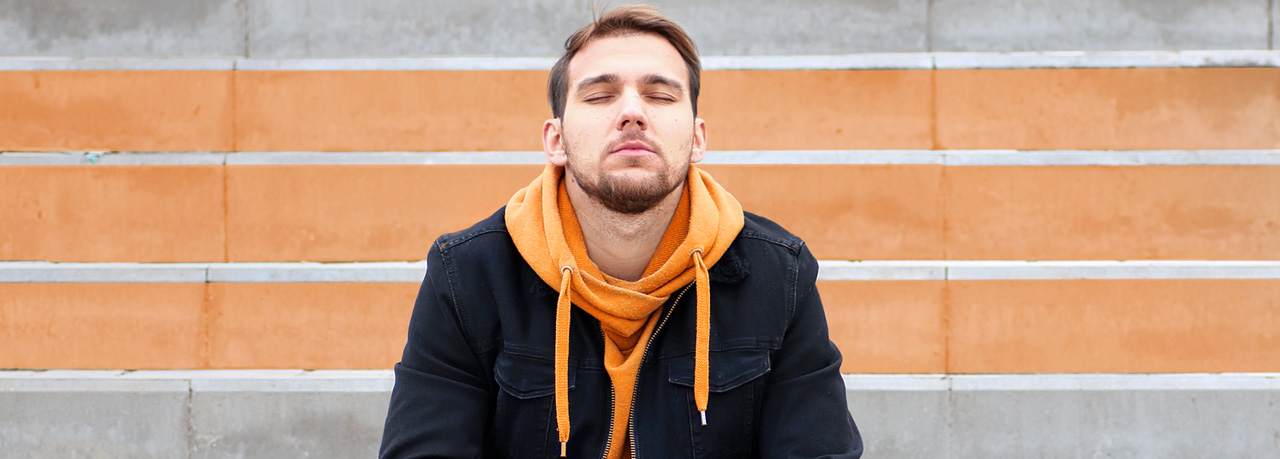Princeton House: How is the approach to therapy different in men vs. women?
Dr. Lorna Stanley/Robert Gauthier: While it can be very difficult for both genders to vocalize a past trauma, men tend to be more socially hesitant to disclose the need for help. As with women, it’s critical to establish an environment of emotional safety without the fear of criticism. The use of humor can be beneficial—balancing deep topics with lighter moments can often facilitate bonding and camaraderie among men.
PH: What are some of the most common presenting signs of a past trauma in men?
LS/RG: It’s not unusual for men with underlying trauma to present with anxiety or substance abuse of any kind. In addition, sleep deprivation can be a significant indicator of past trauma or post-traumatic stress disorder (PTSD). These presentations often translate into functional deficiencies that interfere with work and family life and prevent men from connecting with others. We try to reach the heart of the matter by asking specific questions, such as what keeps a patient up at night.
PH: Are there triggering events that can bring a past trauma to the forefront?
LS/RG: The birth of a child, or a child reaching the age a parent was when abused, can be significant triggers. Tragedy and loss can also trigger memories of trauma—especially in a world where gun violence, terrorism, and natural disasters seem to be more and more prevalent. In some cases, patients who previously exhibited no signs of past trauma will have symptoms of PTSD following a distressing current event. When behavioral health professionals are aware of these connections, they can be especially vigilant with their patients during these times.
PH: How does group therapy help men with a history of trauma?
LS/RG: For men in general, group therapy provides validation that their symptoms are real and that they are not alone. They may recognize similar symptoms or concerns among their peers and make connections about their context. In a cohesive group setting, it’s amazing how quickly things can feel normalized. The process facilitates what we call “ah-ha” moments, and may enable patients to feel safe enough to finally share their feelings or have an intimate conversation about their experiences.
PH: How do you balance progress with risk of dysregulation?
LS/RG: We follow the three-stage model of trauma treatment adapted from Judith Herman, MD, Professor of Psychiatry at Harvard Medical School, with a strong focus on the first phase: safety and stabilization. We assess coping strategies, balance our insight on PTSD, and establish a certain pace aimed at avoiding a too-much-too-soon situation that can trigger issues like substance abuse relapse or a return to mood instability. This pace varies from patient to patient. It takes a combination of experience and therapeutic rapport to find the right balance and move through the stages of recovery effectively.
PH: What does the Princeton House program offer for men?
LS/RG: Our partial hospital and intensive outpatient therapy programs provide a tremendous amount of therapeutic intervention and education. Men have access to individual therapy, group therapy and processing, psychoeducation groups, skills groups ranging from distress tolerance to relapse prevention, and medication monitoring by a psychiatrist. Our goal is to work with each patient at his own pace to build confidence and solid coping strategies.
For more information about the Men’s Program at Princeton House, visit princetonhouse.org/men or call 888.437.1610.
Article as seen in the Winter 2018 issue of Princeton House Behavioral Health.




